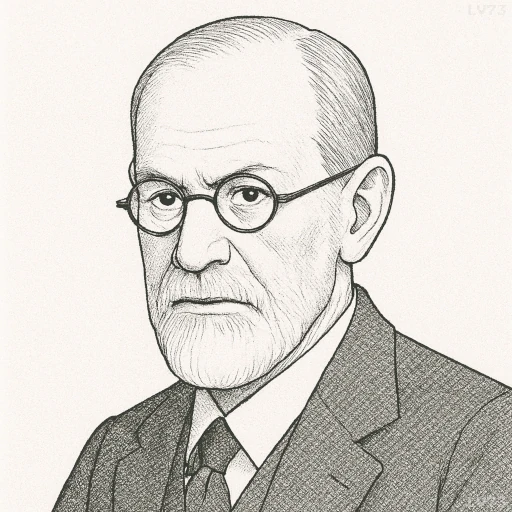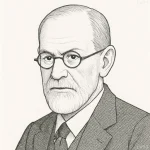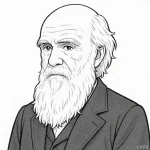“The goal of all life is death.”

- May 6, 1856 – September 23, 1939
- Austrian
- Neurologist, Founder of Psychoanalysis
table of contents
Quote
“The goal of all life is death.”
Explanation
This stark and provocative statement encapsulates Freud’s concept of the death drive (Thanatos)—a controversial addition to his theory of human psychology. Freud proposed that alongside the instinct to survive, reproduce, and seek pleasure (Eros), there exists a counter-instinct toward dissolution, destruction, and a return to a lifeless state. The idea that life moves inexorably toward death reflects a belief that organisms unconsciously strive to restore an earlier, inorganic condition, making death not a failure but an intrinsic endpoint.
Freud developed this theory during a time of profound global trauma—after World War I and in the midst of increasing awareness of repetitive, self-destructive behaviors that could not be fully explained by the pleasure principle alone. He observed that people often repeat painful experiences, engage in sabotage, or express aggression in ways that seemed to defy rational self-interest. In Beyond the Pleasure Principle (1920), he posited that such patterns may reflect an underlying drive to reduce all tension permanently—to reach the stillness of death.
In modern psychology, Freud’s death drive remains debated, but its symbolic power endures. It invites reflection on why individuals and societies sometimes gravitate toward violence, apathy, or self-destruction despite apparent progress or well-being. From addiction and war to burnout and despair, Freud’s insight continues to challenge the idea that life is only driven by growth and pleasure, reminding us of the complex and often paradoxical currents within the human psyche.
Would you like to share your impressions or related stories about this quote in the comments section?


